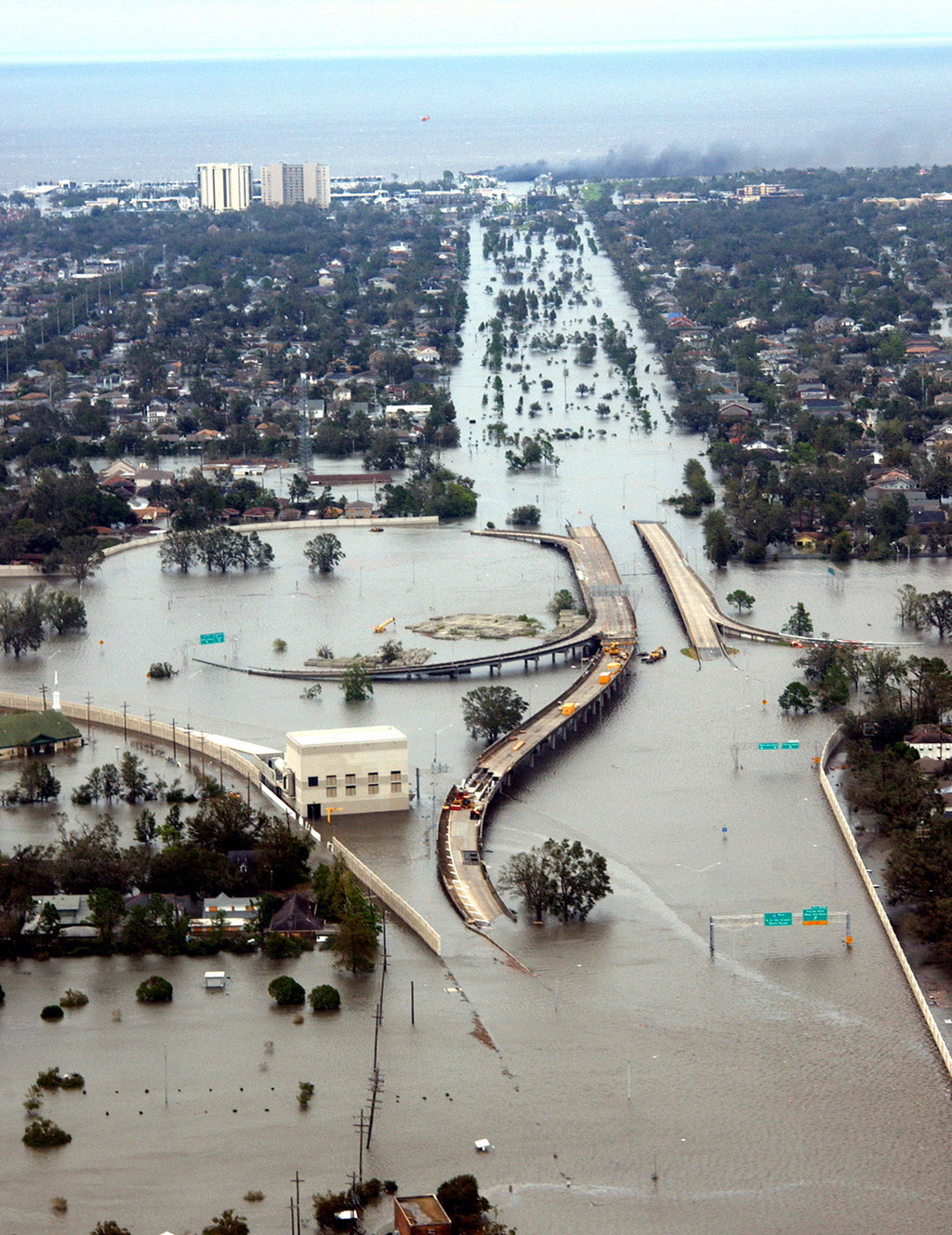
If you were old enough to pay attention to the news in August and September of 2005, there are certain scenes and phrases burned into the brain: rows of bright-white FEMA trailers, the crumbling roof of the Superdome, Anderson Cooper choking back tears on-screen, Kanye West declaring, "George Bush doesn't care about black people" at a benefit concert.
Reporters and cameras came and went. Funerals were hastily arranged. Throughout New Orleans and the surrounding region, more than 400,000 people were displaced from their homes, left to settle somewhere new or return months or years later. By the time buildings were torn down and resurrected, the composition of the city had changed. An influx of new life came to the area, sometimes at the expense of what was already there.
BuzzFeed News reporters visited Louisiana and Mississippi repeatedly over the course of the last several months, speaking to dozens of people whose lives were deeply changed by the storm. Over the next several weeks, we will be publishing more than a dozen stories on how life, crime, and politics have shifted since the storm hit 10 years ago. We'll question what we already know and we'll dive into what we don't, telling stories about the things that didn't go as planned, tales of heroes and antiheroes, and, yes, animals.
Our series begins with an interview from Washington Bureau Chief John Stanton, who spoke to the mayor of New Orleans, Mitch Landrieu, about gentrification after the storm. We'll continue to update this page with all of our coverage as it is published.
Some People Mourn “The Old New Orleans” — But Not The City’s Mayor
Mayor Mitch Landrieu talks about the "transformed city" of New Orleans and weighs in on what redevelopment has brought to the area.
Louisiana’s Justice System Remains Unforgiving A Decade After Katrina
The state of Louisiana has the highest incarceration rate in the country. Post-Katrina efforts to change that have fallen short.
"It Ain't The Police Who Was Helping Us": How A Small-Time Drug Dealer Rescued Dozens During Katrina
To the police, Jabbar Gibson was just a low-level drug pusher. But to the residents of a New Orleans public housing complex, he's the man who rescued them from Hurricane Katrina when no one else would.
These 6 Charts Show Why Katrina Was The Storm From Hell
Blame an extremely high flood, bad luck, and a failure to heed warnings that New Orleans faced an existential threat.
How Hurricane Katrina Turned Pets Into People
Hurricane Katrina caused a pet crisis — one that sparked a major change in the way we treat animals during natural disasters.
"DA Time": How New Orleans Locks People Up For Weeks Without Charges
Changes swept New Orleans' jails after Katrina. But one practice — keeping people locked up for long periods without filing charges — has remained.
Indefensible: The Story Of New Orleans' Public Defenders
In a city with exceptionally high incarceration rates, public defenders are an important — but not always reliable — part of the criminal system. Hurricane Katrina created an opening for change.
How Katrina Destroyed A Town — And Its Mayor
A small town mayor watched the storm destroy his entire town, a catastrophe he never fully recovered from. The town's next mayor put it this way: "His death certificate should say: Hurricane Katrina."
Is Post Katrina Gentrification Saving New Orleans Or Ruining It?
In the decade since Hurricane Katrina hit New Orleans, an influx of billions of dollars and thousands of new residents has helped revitalize portions of the city. However, for some longtime residents like local MC and activist Domonique Meyers, the Crescent City is at risk of losing something much more valuable than what it has gained.
How One Of Katrina's Feel-Good Stories Turned Bad
When Kathy Phipps was relocated to a suburban Utah neighborhood after the storm, she was hailed by the media as an example of how the tragedy could turn into opportunity. But 10 years later, Kathy is back in Louisiana, scarred by what happened after the cameras went away.
I Was The Face Of Disaster Tourism In Post-Katrina New Orleans
Giving tours of flood-destroyed neighborhoods, I was accused of cashing in on others' misery. It was my misery too.
One Man’s Effort To Escape New Orleans’ Cycle Of Poverty And Incarceration
Jessie was born in jail, grew up in the projects, and spent time behind bars as an adult. Now, he hopes his budding coffee business can keep him on track.
5 Katrina Survivors Talk About Making It Through The Storm
"The best way to commemorate a disaster like Katrina is to talk about it."
George W. Bush Returns To New Orleans For Katrina Anniversary
The former president drew sharp criticism for his administration's handling of the response to the catastrophe. On its 10th anniversary, he delivered a speech honoring New Orleans' teachers.
The Troubled Resurrection Of Black America's Historic Beach Haven
Gulfside Assembly — the only place where black Americans could visit a coastal beach during Jim Crow — was once known as a civil rights mecca. Just as it was to make a comeback, Hurricane Katrina laid ruin to the retreat, leaving a dedicated few struggling to keep it from fading into historical obscurity.
New Orleans Without Silver Linings
On the 10th anniversary of Hurricane Katrina, our monthlong series of stories has been tied together by a common theme: Nearly everything about the storm's aftermath was even more complicated than it looked in August 2005.

